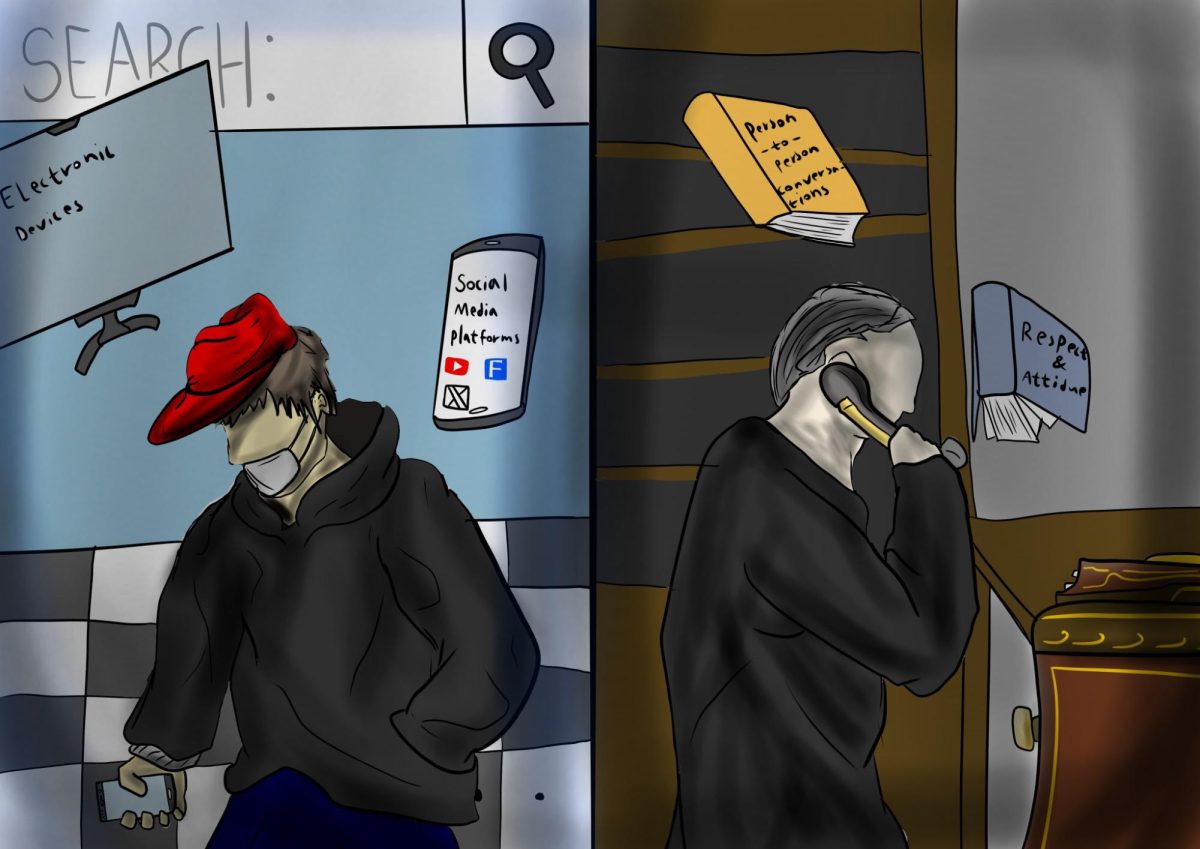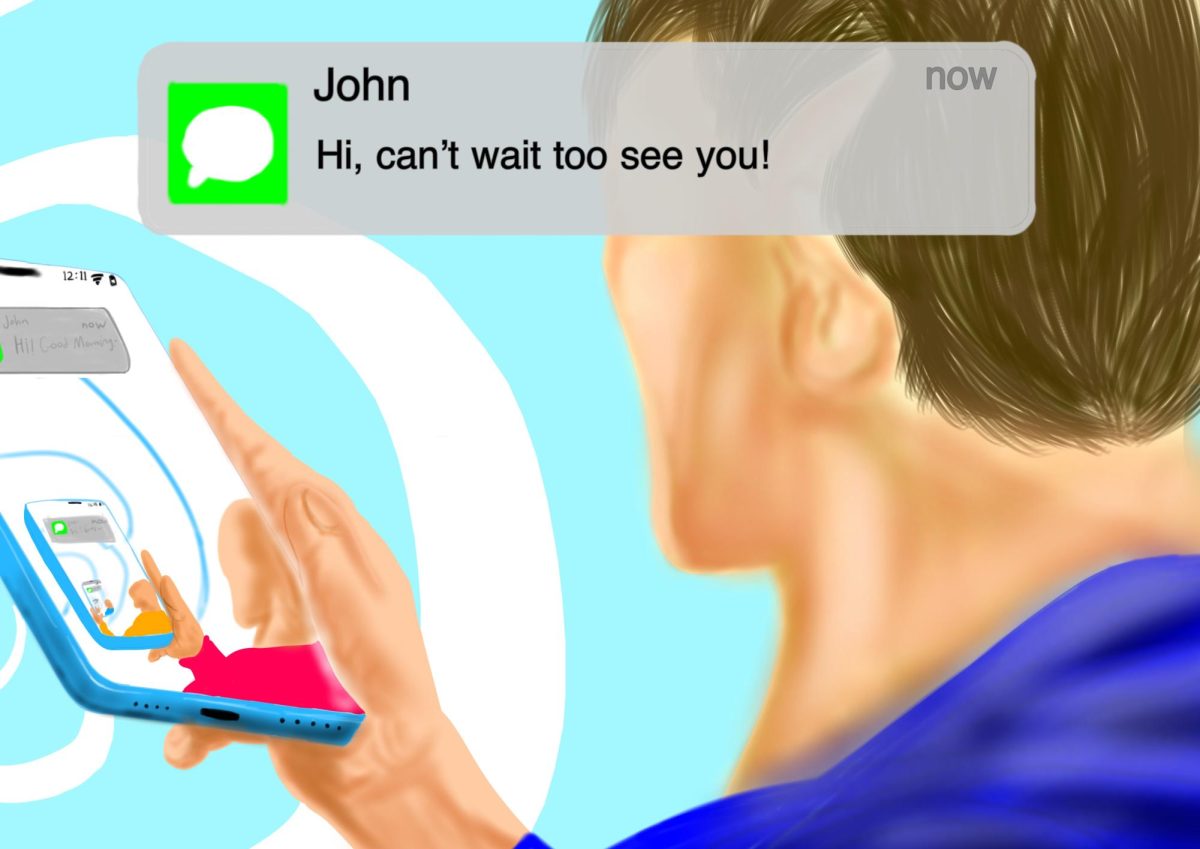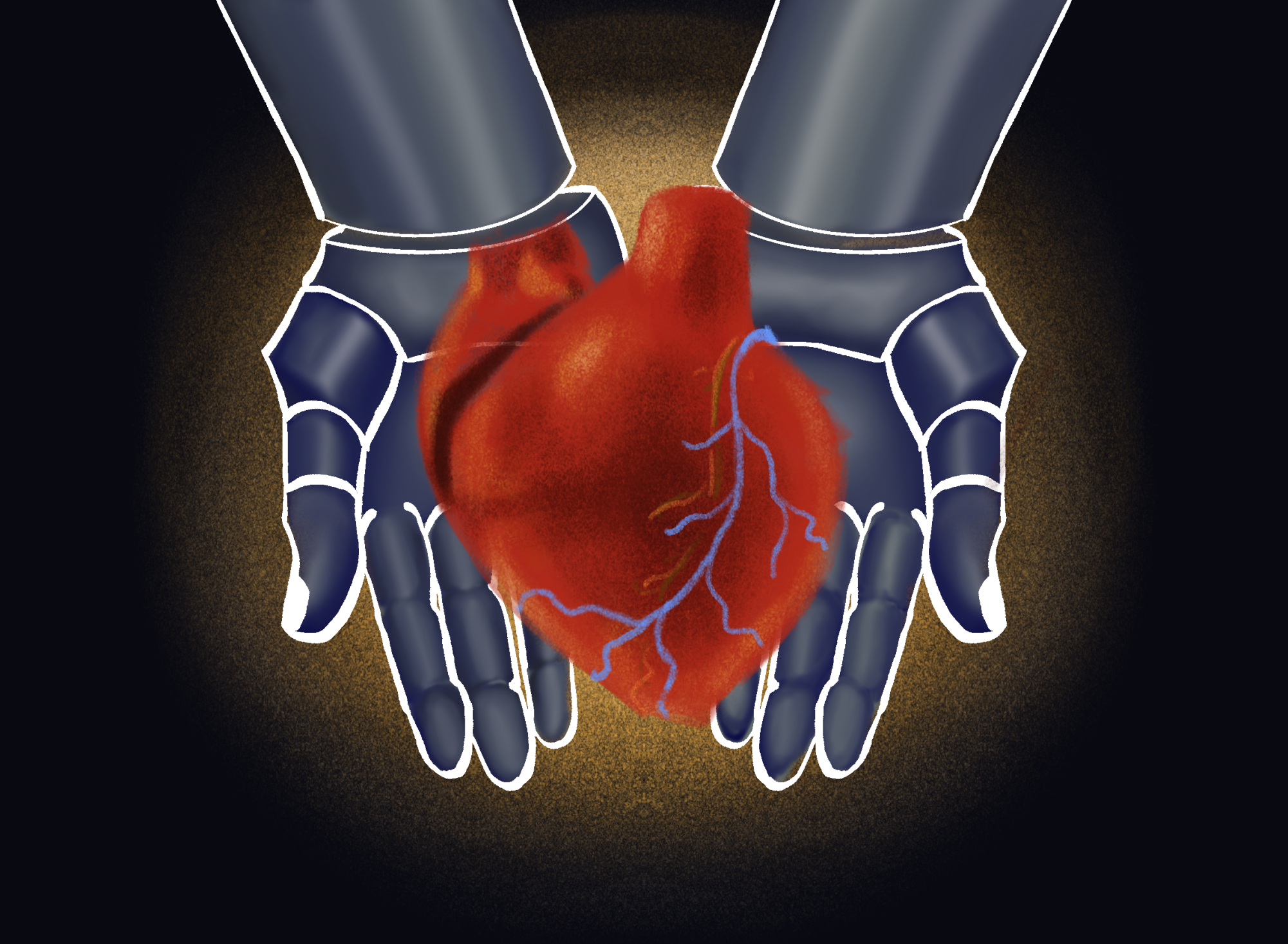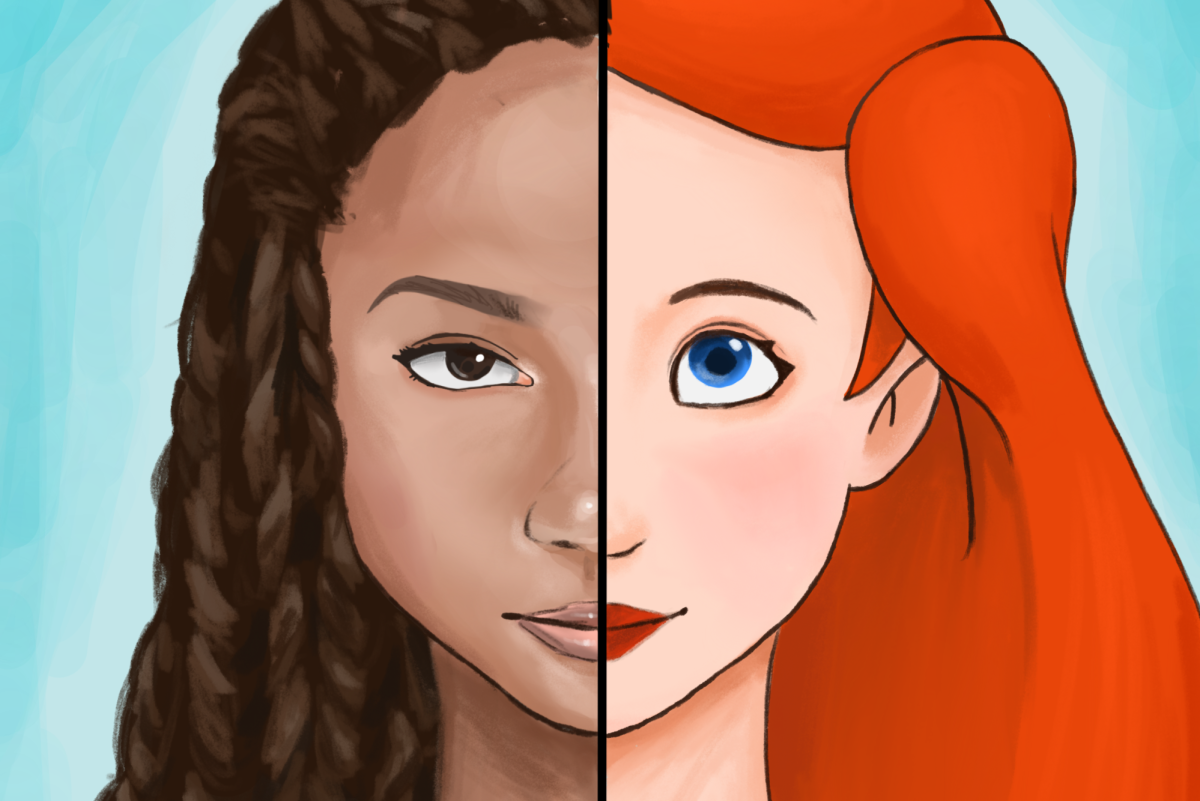“You’re always on that phone.” “You look homeless in that outfit.” Adults in my life — parents, grandparents and teachers, etc. — comment on young people’s mannerisms and appearances every chance they get. Often, they stress the differences between our upbringings, experiences, values and preferences. Previous generations were raised in a more “traditional” culture that stressed manners, timeliness, politeness and presentation. Raised by adults who were instilled with these values, why is it that our generation lives for selfish pursuits and seems to have no regard for anyone else?
Compared to our parents and grandparents, Gen X and the Silent Generation, we were raised in the digital age, with all the benefits and detriments of technology at our fingertips. Technology has long been intertwined with the workings of society, but technology for the purpose of entertainment became widespread in the mid-1950s when 75% of Americans owned at least one television set. While parents worried about TV taking over their child’s life, TV’s influence was limited, given air times and its stationary position in the living room. The earliest mobile devices, more specifically the creation of the smartphone in 1992, introduced a new age of technology, an age where information, connection, communication and entertainment sat in our pockets.
Surrounded by devices and illuminated screens, this is the reality we grew up with. Today, 95% of youth ages 13-17 report using social media platforms, and one-third of them say they use social media “almost constantly.” It’s no surprise that our elders comment on our behavior and social “norms.” Youth behavior today is a new social phenomenon: heads ducked, brains “tuned in” but turned off. Our countless hours spent on screens replace key socialization and lessons learned from real-world interactions and experiences.
But can these new patterns explain such drastic changes in our behavior? Sure, the replacement of face-to-face interaction with devices plays a large role, but the behavior, attitude and disrespect of today’s youth is inexcusable. The ease of this technological age, the inconsequential nature of our online actions and the shallow digital worlds we exist in gnaw at our soul and counteract any lessons of decency learned in our childhood.
High school paints the perfect picture of these realities. Of course I’m no saint, but some of what I hear and witness during the school day is truly disappointing. For example, our school’s lunch period. When I occasionally stop by Ralphs at lunch, I am bombarded by a sea of underclassmen who disregard grocery shoppers and act with entitlement. I’ve noticed store managers stationed down ailes and near the restrooms and exits because of students who steal. Considering the privilege we enjoy by living in Carmel Valley and the surrounding areas, it is incredibly disheartening, even embarrassing, to see my peers act in such an arrogant manner. Simply said, it’s not a good look, and it’s incredibly misrepresentative of our school as a whole.
I encounter this same disappointment by simply sitting in the classroom. Not only do today’s youth appear to have little respect for themselves, but also for others. It’s unfortunate that overhearing degrading conversations is the norm and part of the high school culture. Similarly, this disregard for our surroundings reflects in our school’s grounds. Despite the numerous and strategically placed trash cans across campus, trash blows, tumbles and rolls past classrooms, down hallways and in the student parking lot. Principal Rob Coppo, student organizations and the janitorial staff are left to clean up our messes. Again, this speaks to a lack of accountability, inconsiderate behavior and disregard to our most basic responsibility: cleaning up after ourselves.
While constant nagging from our elders produces eye rolls and scoffs, we must understand the truth in their statements. Why are we always on our phones, and, really, where did our manners go? Let this be a reminder to you, and to myself, to set aside our pride and really check our behavior and the way we present ourselves and represent our generation.









